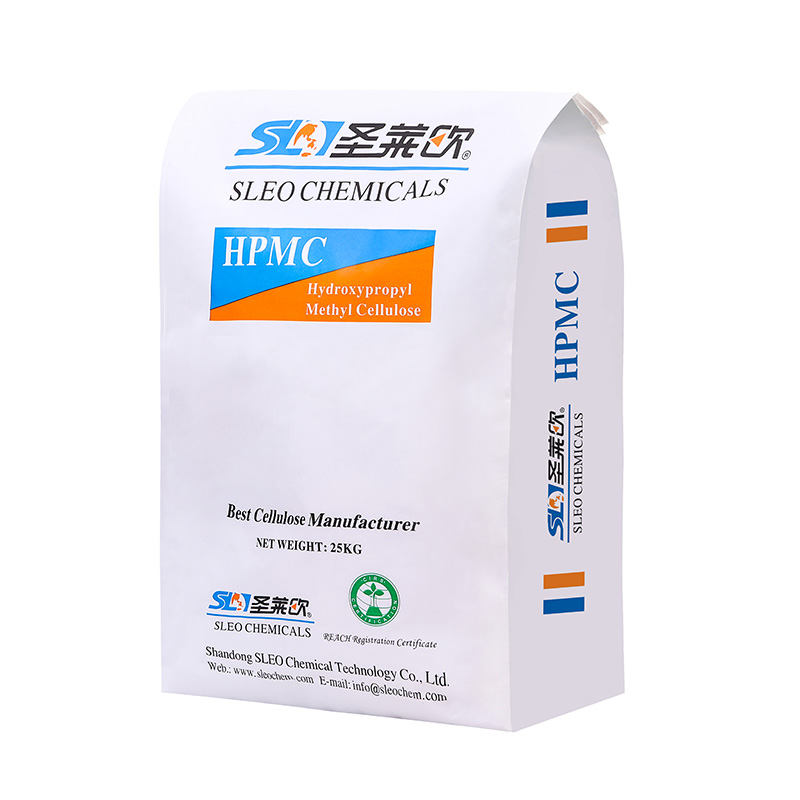Hydroxypropyl Methylcellulose (HPMC) For Tile Adhesive
Hydroxypropyl Methylcellulose (HPMC) stands as a crucial component in the realm of tile adhesive, contributing significantly to the performance and durability of adhesive formulations. In construction, tile adhesive plays a pivotal role in securing tiles to various substrates, ensuring structural integrity and aesthetic appeal. Understanding the role of HPMC in this context is paramount for professionals in the construction industry.

Properties of HPMC in Tile Adhesive
Water Retention
HPMC possesses excellent water retention properties, allowing for prolonged hydration of adhesive mixtures. This characteristic facilitates better workability and extended open time during application.
Workability
The incorporation of HPMC enhances the workability of tile adhesive formulations, promoting ease of application and ensuring uniform coverage over substrates.
Adhesion
HPMC contributes to the adhesion strength of tile adhesive, promoting robust bonding between tiles and substrates. This property is crucial for ensuring the longevity and stability of tiled surfaces.
Open Time
The extended open time provided by HPMC allows installers to work with the adhesive for an extended duration without compromising its performance, thereby facilitating efficient tile installation processes.
Role of HPMC in Enhancing Tile Adhesive Performance
Improving Bond Strength
By enhancing adhesion properties, HPMC improves the bond strength between tiles and substrates, minimizing the risk of tile detachment and displacement over time.
Reducing Shrinkage
HPMC helps mitigate shrinkage issues commonly associated with tile adhesive formulations, ensuring minimal dimensional changes and preventing cracks or gaps in tiled surfaces.
Enhancing Durability
The use of HPMC in tile adhesive formulations enhances durability by providing enhanced resistance to water, chemicals, and environmental factors, thereby prolonging the lifespan of tiled installations.
Application of HPMC in Tile Adhesive Formulations
Mixing with Other Additives
HPMC exhibits compatibility with various additives commonly used in tile adhesive formulations, allowing for tailored solutions to meet specific performance requirements.
Compatibility with Different Substrates
The versatility of HPMC enables its use with a wide range of substrates, including concrete, wood, and gypsum board, ensuring consistent performance across diverse applications.
Environmental Benefits of Using HPMC in Tile Adhesive
Reduced VOC Emissions
HPMC-based tile adhesive formulations contribute to lower VOC emissions compared to traditional solvent-based adhesives, thereby supporting environmentally sustainable construction practices.
Sustainability Aspects
HPMC is derived from renewable plant-based sources, making it an environmentally friendly choice for tile adhesive formulations. Its biodegradable nature further enhances its sustainability credentials.
Challenges and Solutions in Utilizing HPMC in Tile Adhesive
Handling Issues
The fine particle size of HPMC powder can pose challenges during handling and mixing, requiring careful attention to ensure proper dispersion within adhesive formulations.
Shelf Life Considerations
HPMC-based products may have specific storage requirements to maintain their effectiveness over time, necessitating proper storage conditions and inventory management practices.
Future Trends in HPMC Usage for Tile Adhesive
Innovations in Formulations
Ongoing research and development efforts aim to further enhance the properties of HPMC for use in tile adhesive formulations, leading to innovations in adhesive technology and improved performance characteristics.
Market Projections
The growing emphasis on sustainable construction practices and the increasing demand for high-performance building materials are expected to drive the market growth of HPMC-based tile adhesive products in the coming years.
Conclusion
In conclusion, Hydroxypropyl Methylcellulose (HPMC) plays a crucial role in enhancing the performance, durability, and sustainability of tile adhesive formulations. Its unique properties contribute to improved bond strength, reduced shrinkage, and extended open time, making it an indispensable component in modern construction practices.
SLEOCHEM is a professional HPMC Manufacturer, please contact us we will give you satisfactory products and solutions.


